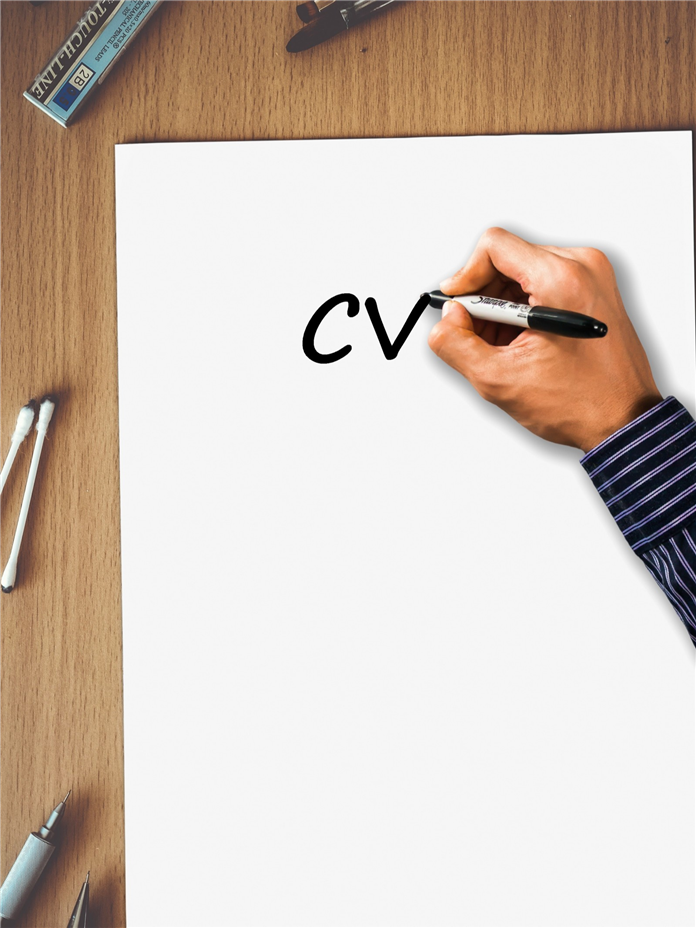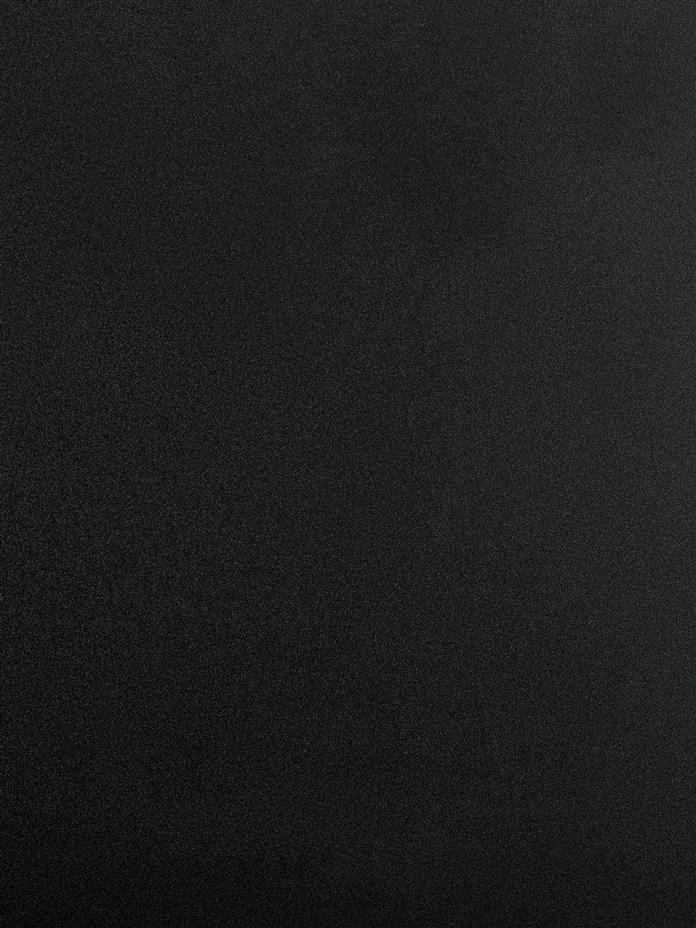
Tap to Read ➤
Resume Writing Tips for Banking Jobs
Rashida Khilawala


Your resume reaches your potential employer before you do. Make it worth a look! Have a look at the resume writing tips for banking jobs, to make the best resume for the job that you want.

They say 'the first impression is the last impression'. Very true. Your resume is the first presentation of YOU to a potential employer. How your interview goes, and even the nature of your job tenure will be due to the impression that the resume created on the mind of the employer. There are many tips that can help make your CV efficacious.

One thing that you need to keep in mind while writing your resume is that it is not about your QUALIFICATIONS, your EXPERIENCE, and your OBJECTIVES. In fact, it is about YOUR qualifications, YOUR experience, and YOUR objectives.

In short, it is about YOU! And the secret to making a resume that no bank will consider rejecting is to show them that YOU are in sync with THEM, without compromising on your individuality.

15 Tips to Rock Your Resume, Banker Style!
1. Never write a resume in a hurry. Remember, banking executives need to be calm and calculated.
2. Always research thoroughly on the bank that you are applying to, and redraft your resume keeping the specific bank in mind. Mass resume sending is obvious and not appreciated (everyone likes to feel special, right?).
2. Always research thoroughly on the bank that you are applying to, and redraft your resume keeping the specific bank in mind. Mass resume sending is obvious and not appreciated (everyone likes to feel special, right?).

3. Honesty is the best policy. Do not lie about your qualifications or experience. It is a bank you are applying to, so they will verify all the details (it's in their nature).

4. Write your career objective keeping the bank objectives in mind (the job and career objectives should be written, do not skip it). This will create a bond with your interviewer before he/she even meets you (it's a great feeling when the interviewer greets you with a warm smile).

5. For a bank resume, unless you are applying for a marketing related job, it is best to refrain from mentioning traveling as a hobby or interest.

6. Considering that this is your first impression, make it corporate. Banks do not appreciate resumes that are not balanced or have a lot of color used for the text. Use a simple font, a uniform text size, and a modified block alignment.

7. Give your past work experiences in brief. Refrain from criticizing your previous organization in your resume (it proves that you don't stand by your choices).

8. Keep your interests economic-related as far as possible. A good option would be to go through the biography or profile of the CEO, and find out what his interests are. It will give you leverage on a personal front.

9. If music, movies, and reading are your interests, don't feel shy to mention them (stand by it in the interview if you are questioned, they are good interests).
10. Life philosophies may interest a few interviewers, but not all. Research the bank, its work environment, culture, etc., thoroughly, before getting philosophical in your resume.
10. Life philosophies may interest a few interviewers, but not all. Research the bank, its work environment, culture, etc., thoroughly, before getting philosophical in your resume.

11. Give all your information in detail, like address, contact number, email address, etc. It should not be difficult for them to reach you.
12. Address your cover letter to the right person (do not give a prefix of Mr. or Ms., this way the gender or status won't matter). For this, again, adequate research will be required.
12. Address your cover letter to the right person (do not give a prefix of Mr. or Ms., this way the gender or status won't matter). For this, again, adequate research will be required.

13. In case you have been a job hopper thus far, skip the irrelevant or short-span experiences. Too many short-term experiences may give you a 'temp' feel. That might be detrimental to the success of the interview.

14. In case you have not really had any paid work experience, give your self credit. Voluntary work or internships are also respected. They show that you have the inclination to learn.
15. Refrain from mentioning your religious affiliation (it would help avoid the pre-interview discrimination).
15. Refrain from mentioning your religious affiliation (it would help avoid the pre-interview discrimination).

Make sure that all the details mentioned in the resume can be verified and justified. You can leave the flattery for the interview (We strongly suggest you to not do it then either!). Your resume should be calculated, thorough, precise, professional, and respectable. Isn't that just the first impression you would want to make?